The 'unnoticed insect apocalypse': How people in towns and cities can help
- Published
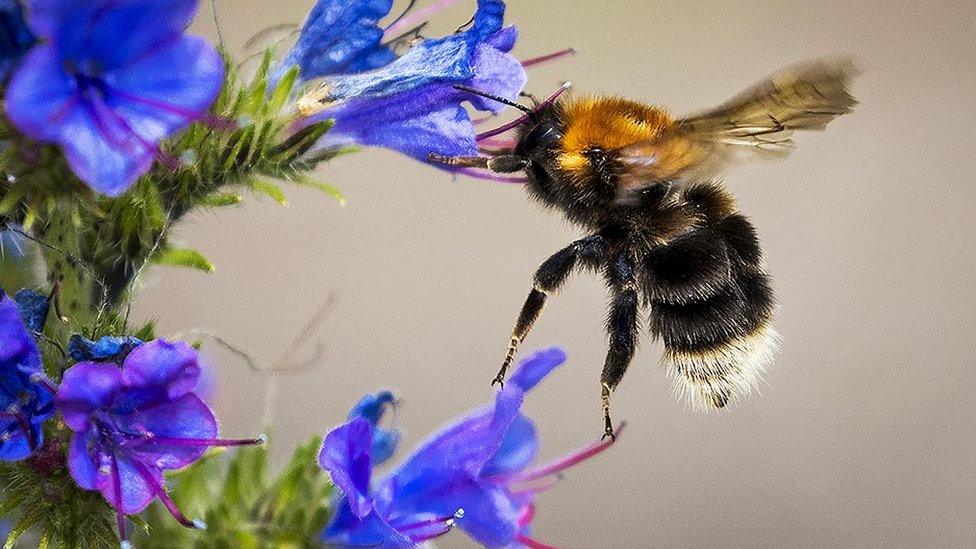
An 'unnoticed apocalypse' may have killed half of the world's insects in the 50 years since 1970, according to a new study.
A 2019 report by the South West Wildlife Trusts, external also estimates that 41% of the world's one million known insect species are facing extinction today.
It's calling on people to help stop the decline in insect populations.
This "apocalypse" has been blamed on loss of places to live and pesticide use on crops.
Pesticides are used to kill certain insects that destroy crops but can also have an adverse effect, contaminating fields and water supplies used by other bugs.
The most affected UK insects are species of bees, wasps and butterflies.
Already, ecologists say 23 bee and wasp species are extinct in the UK, but experts believe there are things that can be done on both a national scale and by individuals to protect the ones which are left.
And you don't need a garden to do it - which is great news for people who live in towns and cities and want to make a difference with limited outdoor space.
Paul Hetherington is part of the charity Buglife, who work to conserve insects in the UK, and this is his advice on how we can all help protect insects.
Turn off your balcony lights
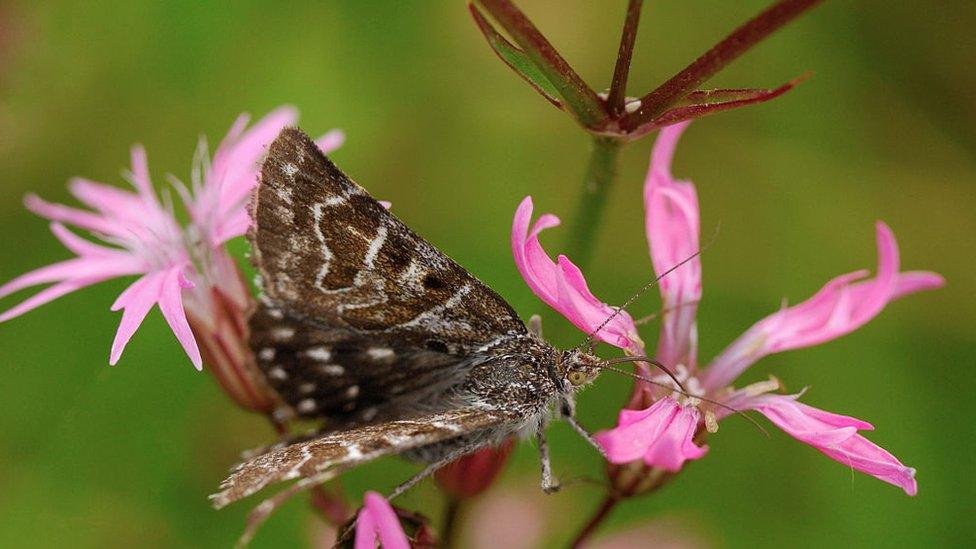
Moth breeding cycles are affected by artificial light
"One thing to consider is the lighting outside your home," Paul tells Radio 1 Newsbeat.
"It can disturb the breeding cycle of moths and glow worms. If you've got outside lights, try and keep them off for as much time as possible.
"Obviously we need them for security but just be sensible about it."
Try to go organic
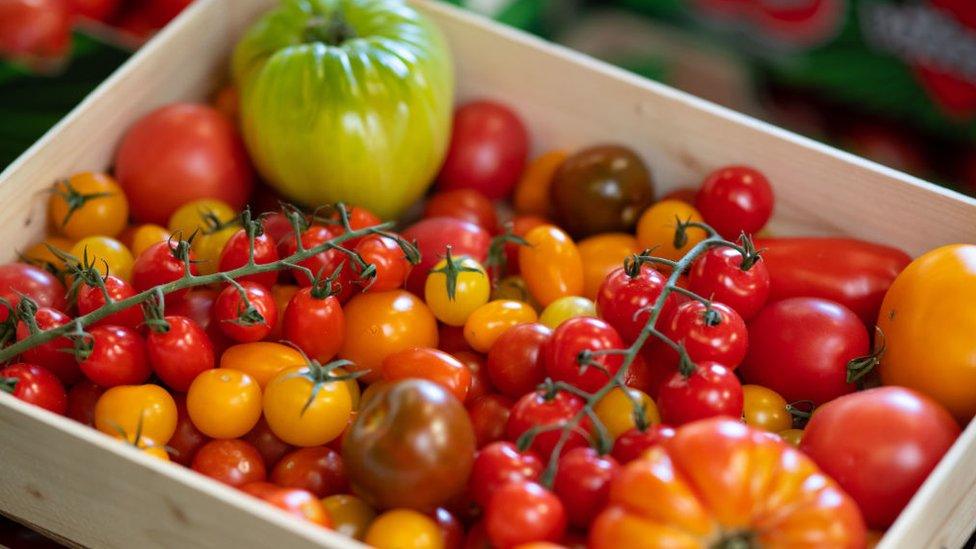
Organic fruit and vegetables are made without man-made pesticides
You can also help in other ways outside your home too - organic fruit and vegetables are grown without man-made pesticides so buying them means you're eating food from an environment that's claimed to be kinder to insects.
"The sad fact is there's actually a lot more biodiversity in insect life in urban areas than rural areas and that's down to the use of pesticides, which cause a loss of habitat to insects in the countryside," Paul says.
"So if you can get food that doesn't involve pesticides, it's really good.
"In the same way if you buy a plant, try and make sure it's peat [natural turf] free because taking peat from the ground is destroying some fantastic natural habitats."
Put some plants in what space you have
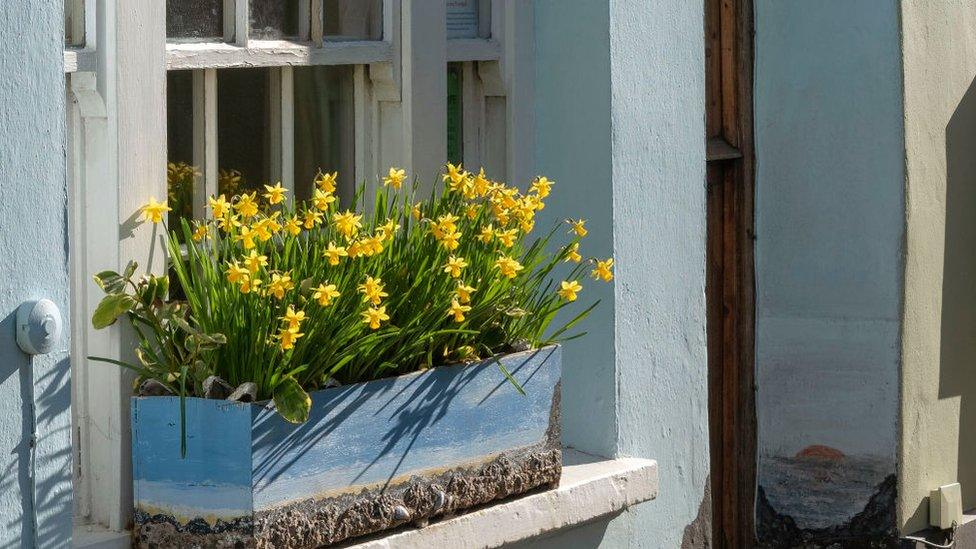
Window boxes help insect diversity
If you don't have a garden, you can grow plants in the space you do have - such as on your windowsill.
"You can put a planter outside your front doors too if you live on the ground floor or at basement level," Paul says.
"Plants are great for pollinators like bees and other insects. Herbs are also really good things to grow - sage, thyme, rosemary and mint and of course you can enjoy them at home."
Help bugs keep hydrated
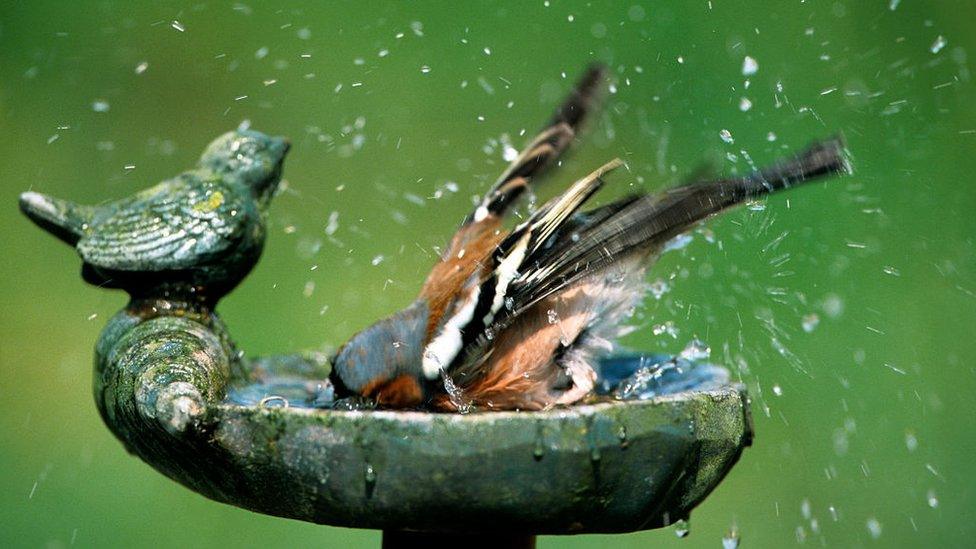
Bugs need baths too!
"Everyone thinks that only birds need water but so do insects. But of course you don't need to have something as big as a bird bath," says Paul.
"You can get a small tray, put a few rocks in it and add a bit of water so the insects can get in there and sip it.
Make a home for bees
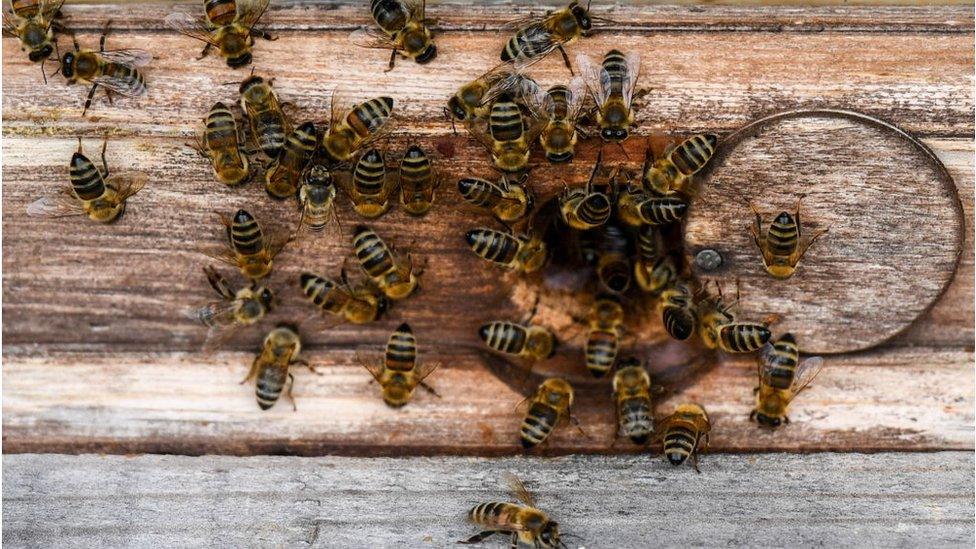
You can build your own bee box or buy one from a garden centre
"It's very important to help when solitary bees are making their nests - you can try and put up some homes for them," he says.
"If you are south facing, you can put one on a wall - you can either buy it from a shop, or make one from recycled drinking straws."


Follow Newsbeat on Instagram, external, Facebook, external, Twitter, external and YouTube, external.
Listen to Newsbeat live at 12:45 and 17:45 weekdays - or listen back here.
- Published29 April 2019
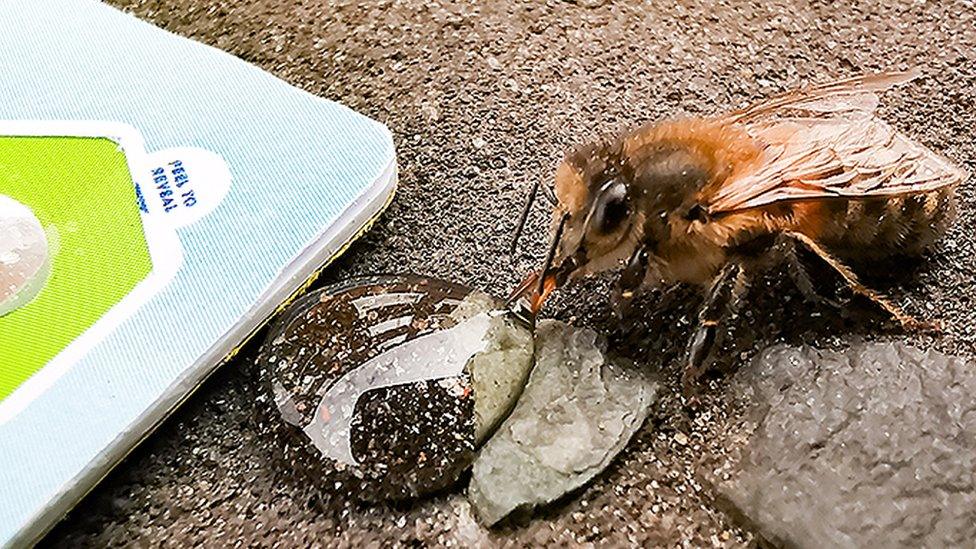
- Published3 April 2019
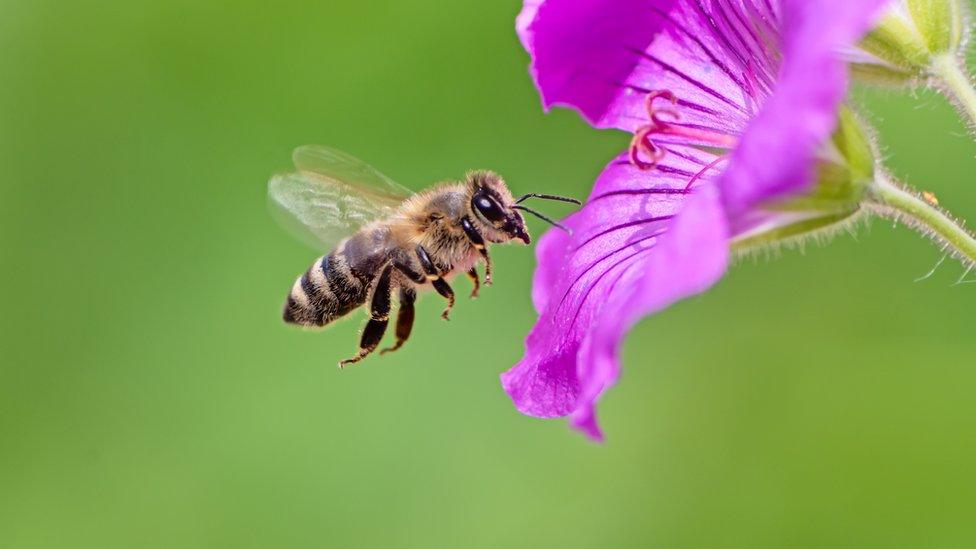
- Published22 February 2019